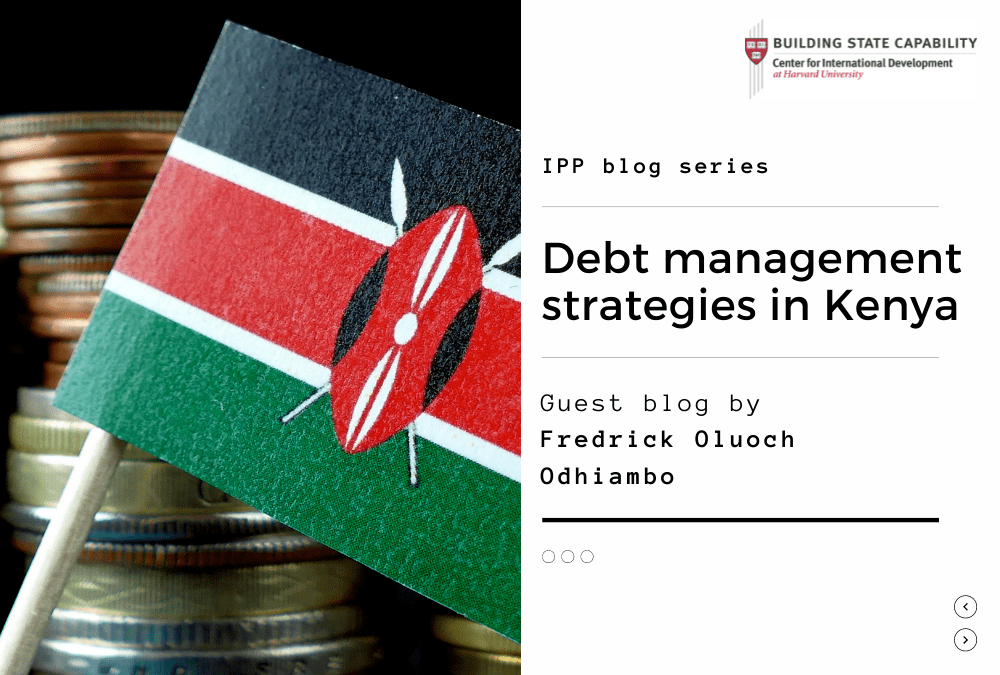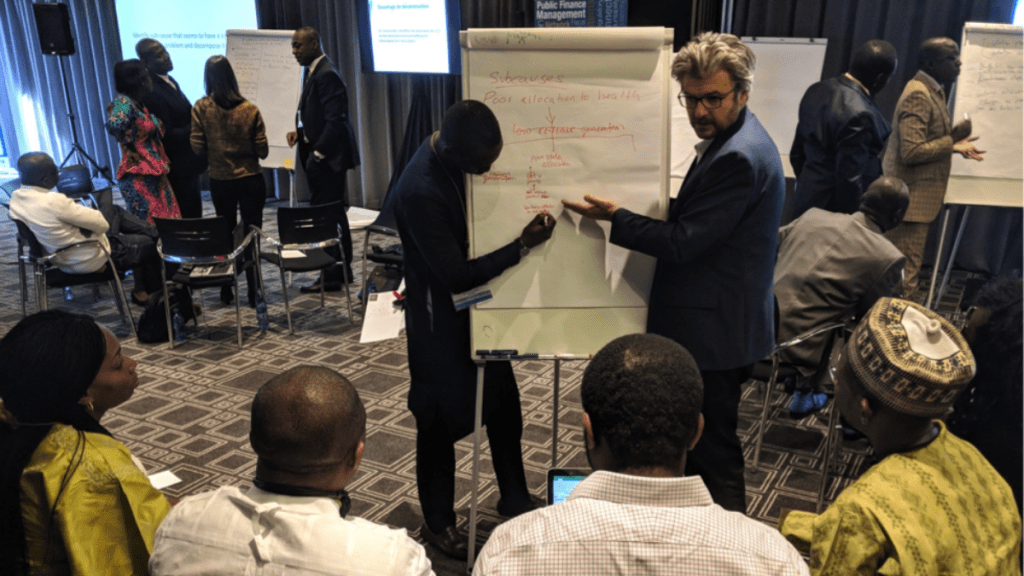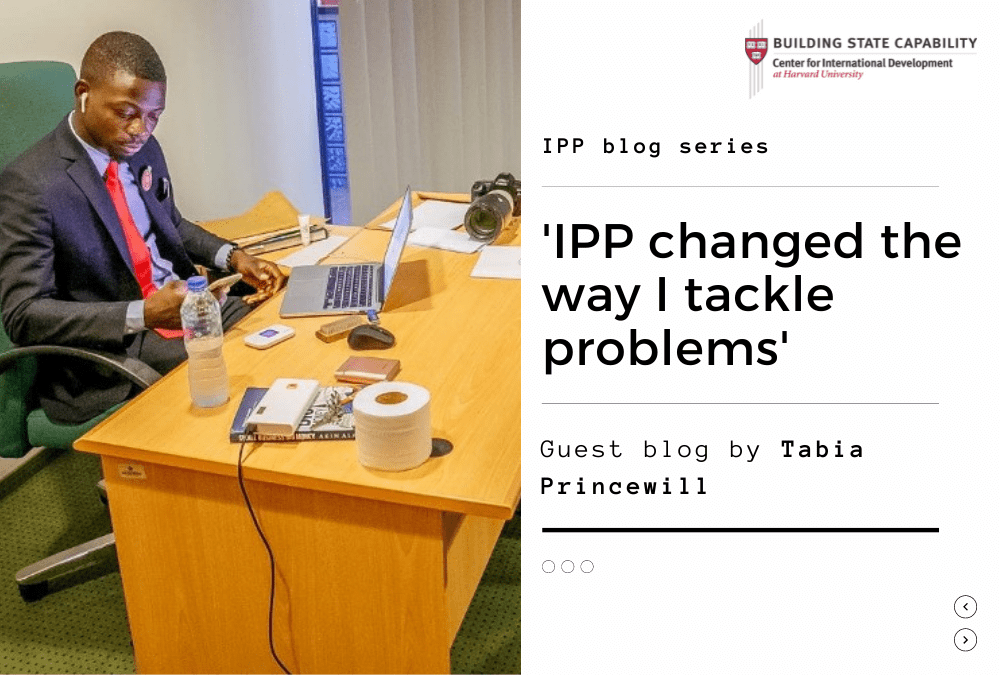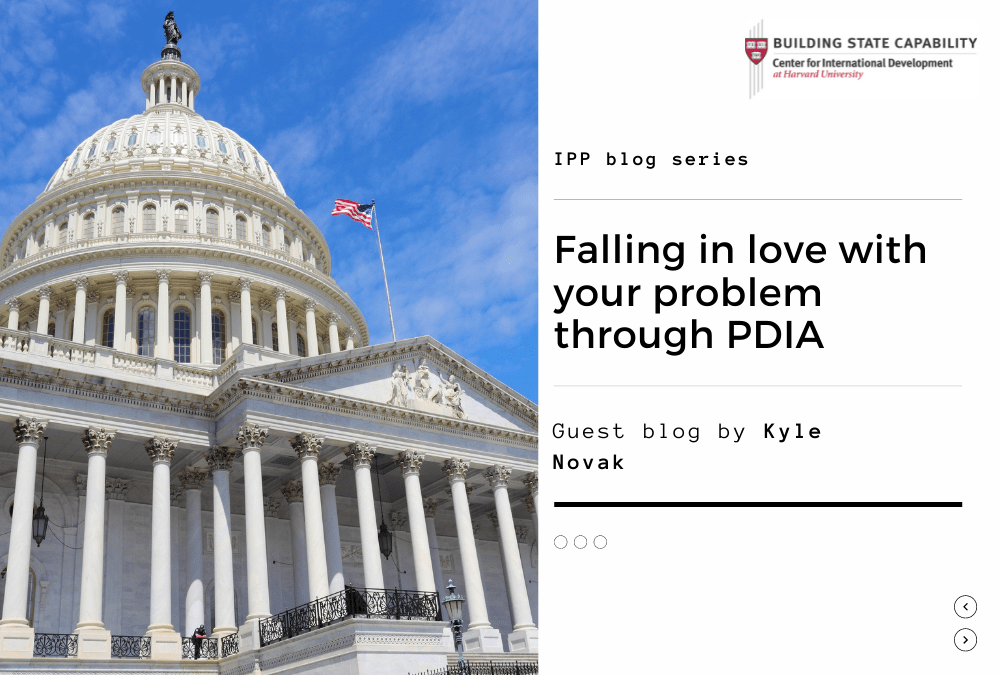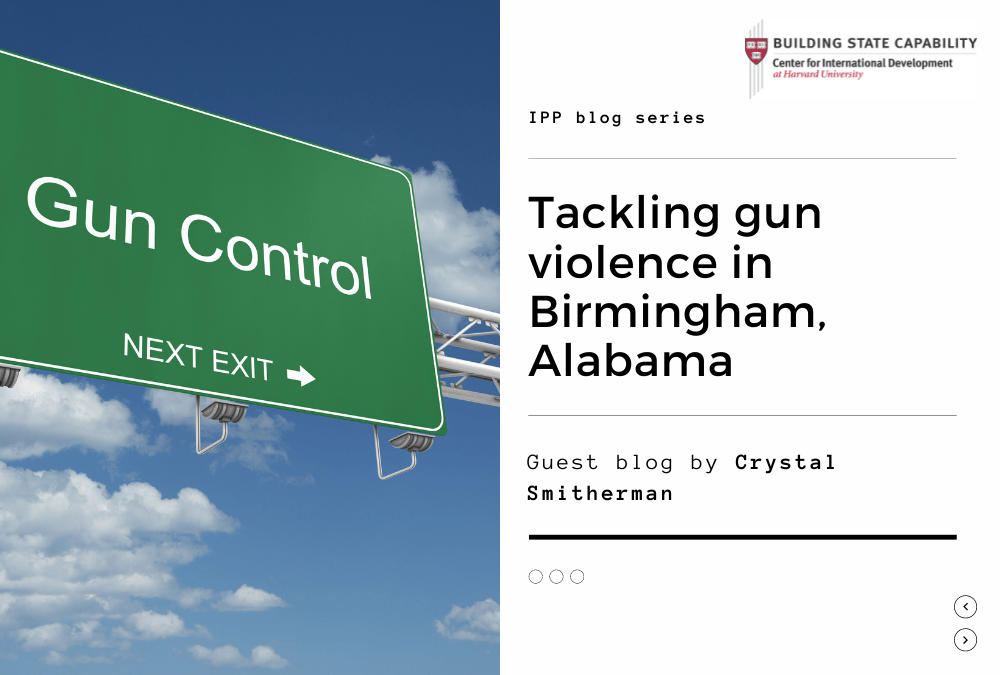Written by Matt Andrews I have been part of a creative team teaching an executive course on public finance for over a decade. This team has spent lots of time discussing the changes we have all experienced in the world in recent decades, and what the main objectives of public finance might be now—in what…Continue Reading Managing Public Finances for the Future
Managing Public Finances for the Future

